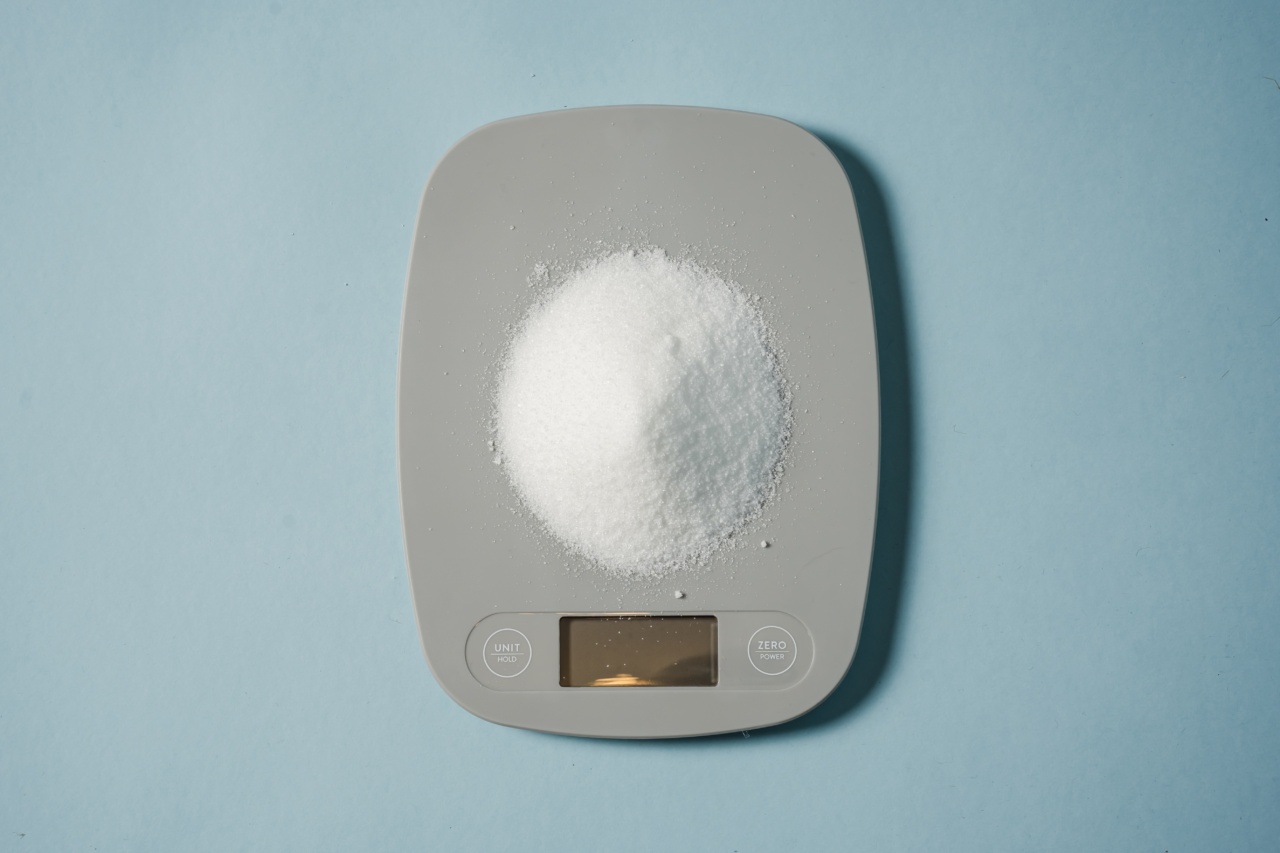Low-calorie sweeteners have gained popularity due to their low calorie count and the ability to satisfy cravings without adding extra calories. They are often used as a tool for weight management and can help people decrease their intake of sugar.
However, there are still many misconceptions surrounding the use of low-calorie sweeteners.
What are low-calorie sweeteners?
Low-calorie sweeteners, also known as artificial sweeteners, are synthetic sugar substitutes that are low in calories. They are added to foods and drinks to provide sweetness without the added calories of sugar.
Examples of low-calorie sweeteners include aspartame, saccharin, sucralose, and stevia.
Are low-calorie sweeteners safe?
Low-calorie sweeteners have been extensively tested for safety and have been approved by regulatory agencies such as the U.S. Food and Drug Administration (FDA) and the European Food Safety Authority (EFSA).
Studies have shown that low-calorie sweeteners are safe for consumption in recommended amounts.
How do low-calorie sweeteners affect weight management?
Low-calorie sweeteners can be a useful tool for weight management as they can help reduce calorie intake without sacrificing taste. By substituting low-calorie sweeteners for sugar, people can reduce their calorie intake and potentially lose weight.
Additionally, low-calorie sweeteners do not cause the same blood sugar spikes and crashes as sugar, which can help with appetite control.
What are some tips for using low-calorie sweeteners in a healthy way?
When using low-calorie sweeteners as a weight management tool, it is important to keep in mind a few tips:.
- Use low-calorie sweeteners in moderation
- Choose natural sweeteners like stevia when possible
- Be aware of added sugars in foods and drinks, even when using low-calorie sweeteners
- Read labels and choose products with minimal added sugars and low-calorie sweeteners
Do low-calorie sweeteners have any side effects?
Low-calorie sweeteners are generally considered safe, but some people may experience side effects such as headaches, gastrointestinal issues, or allergic reactions.
It is important to pay attention to how your body reacts to low-calorie sweeteners and to speak with a healthcare provider if you have any concerns.
What are some alternatives to low-calorie sweeteners?
While low-calorie sweeteners can be a useful tool for weight management, there are also many natural options for sweetening foods and drinks. Some alternatives include:.
- Honey
- Agave nectar
- Maple syrup
- Fruit juice
- Stevia leaf
Conclusion
Low-calorie sweeteners can be a beneficial tool for weight management by helping to reduce calorie intake without sacrificing taste. However, it is important to use them in moderation and be aware of potential side effects.
Using natural sweeteners and reading labels can also aid in maintaining a healthy diet.





























